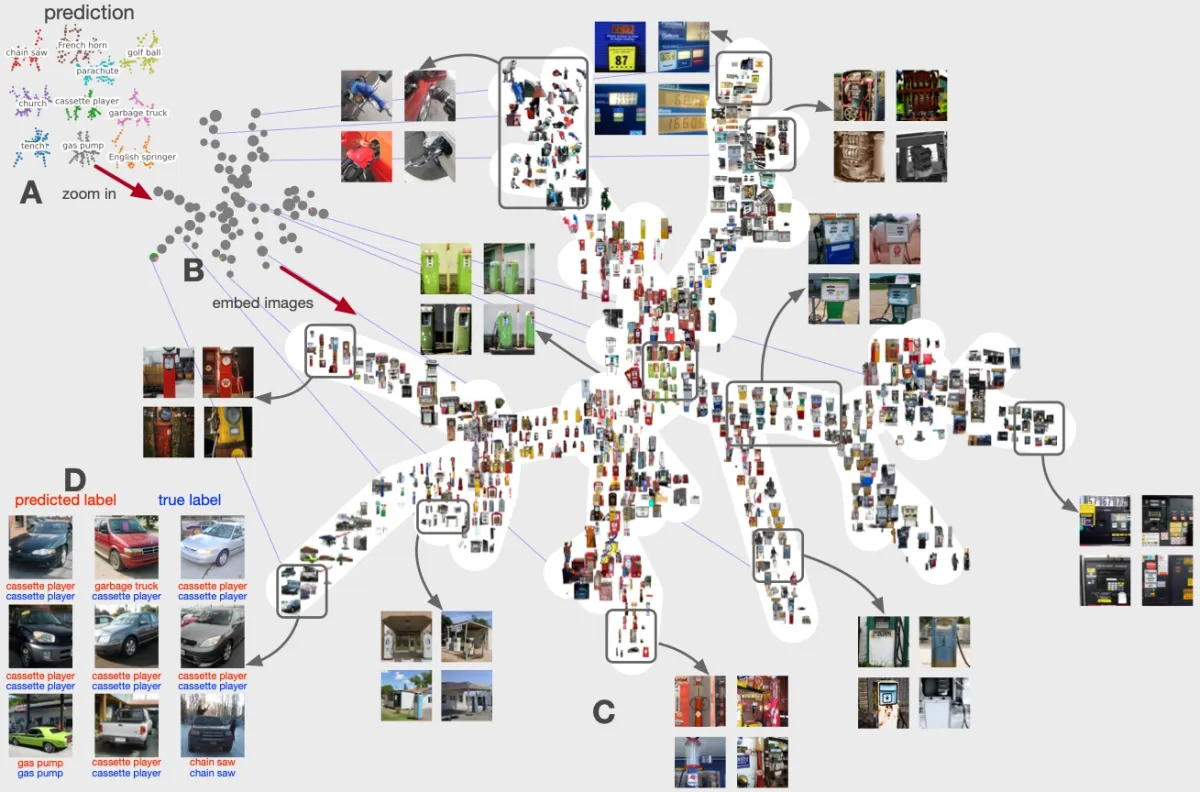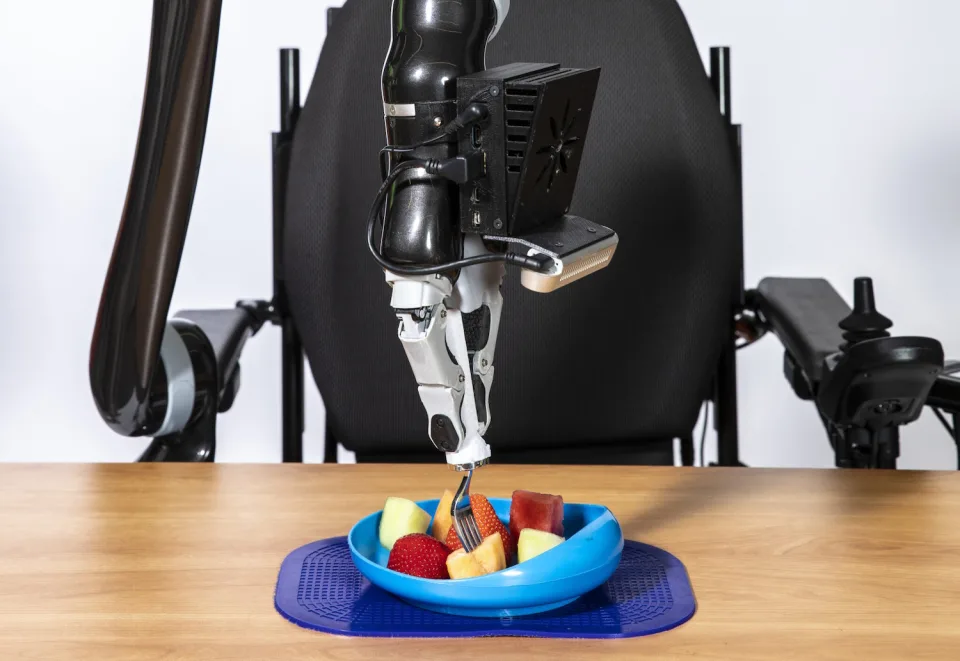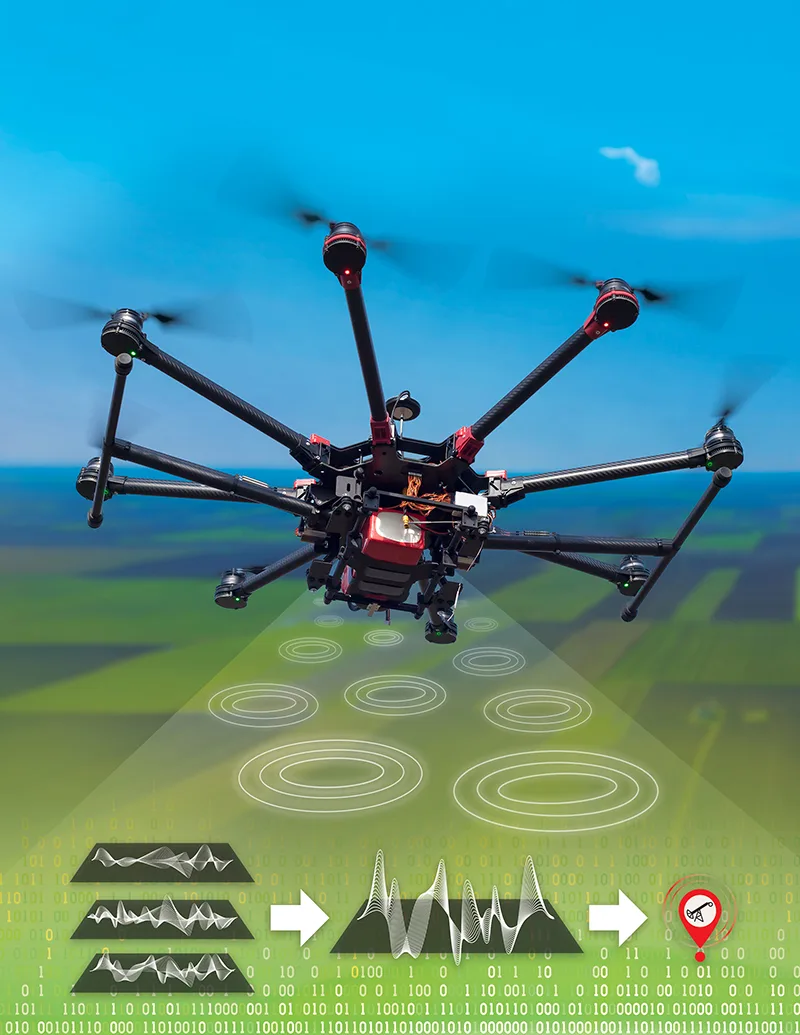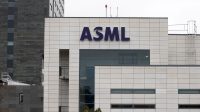OpenAI citing concerns about prioritizing commercialization over safety
OpenAI Staying abreast of the swiftly evolving AI landscape can be challenging. This week, the spotlight is on OpenAI, as a leadership shakeup underscores the risks AI companies face when balancing commercialization with safety.
The controversy unfolded as OpenAI’s board ousted CEO Sam Altman, citing concerns about prioritizing commercialization over safety. Despite major backing from Microsoft, Altman’s reinstatement came with a reshaped board. This saga illuminates the struggles faced by AI companies, compelled by the staggering costs of developing models like GPT-4, where training alone exceeds $4 million, not accounting for high personnel expenses.
AI labs often rely on partnerships with public cloud providers due to the soaring value of compute resources. However, this week’s events underscore the risks tied to such alliances, with tech giants exerting influence. OpenAI’s attempt at independence with a “capped-profit” structure proved vulnerable, as Microsoft’s investment in Azure cloud credits showcased how compute can rival capital in steering a startup.
While strategic agreements with tech giants provide essential resources, they also come with strings attached. The OpenAI saga serves as a cautionary tale, prompting scrutiny of the alliances AI startups forge. The challenge persists: grow and cede control or risk stagnation.
Other AI developments this week include:
- OpenAI’s Humanity-Safe Tech: Dispelling concerns, experts assure that OpenAI’s AI tech doesn’t pose a threat to humanity.
- California’s AI Regulations: The state’s Privacy Protection Agency drafts regulations inspired by the EU to govern AI’s use of personal data.
- Bard AI’s YouTube Prowess: Google’s Bard AI can now answer specific questions about YouTube videos, enhancing user interaction.
- Grok’s Imminent Launch: Elon Musk confirms the imminent availability of X’s Grok chatbot for Premium+ subscribers.
- Stability AI’s Video Generator: Stability AI introduces Stable Video Diffusion, an open-source AI model for video generation.
- Anthropic’s Claude 2.1: Anthropic updates its large language model, Claude 2.1, to compete with OpenAI’s GPT series.
- AI21 Labs Funding Boost: AI21 Labs secures $53 million in funding, focusing on generative AI products.
In the realm of machine learning:

Interpretable AI Models: Purdue’s Reeb map offers a human-readable insight into how neural networks interpret visual concepts.
Sparse Data Predictions: Los Alamos National Lab’s Senseiver, based on Google’s Perceiver, excels at making accurate predictions from limited data.
Self-Organizing Networks: Researchers at UCLA/University of Sydney develop a self-organizing network with potential applications, though practical use remains distant.
AI’s positive impact:

GeoMatch for Refugees: Stanford’s GeoMatch aids refugees in finding suitable locations for employment, simplifying decision-making.
Automated Feeding System: University of Washington’s robotics researchers create an automated feeding system for individuals unable to eat independently.
Accessibility Apps: Open-source initiatives like Google’s Project Guideline and FathomVerse strive to enhance accessibility for individuals with visual impairments.
In the dynamic world of AI, this week’s events underscore the delicate balance between innovation, commercialization, and ethical considerations. As the landscape evolves, challenges and breakthroughs continue to shape the trajectory of artificial intelligence.








